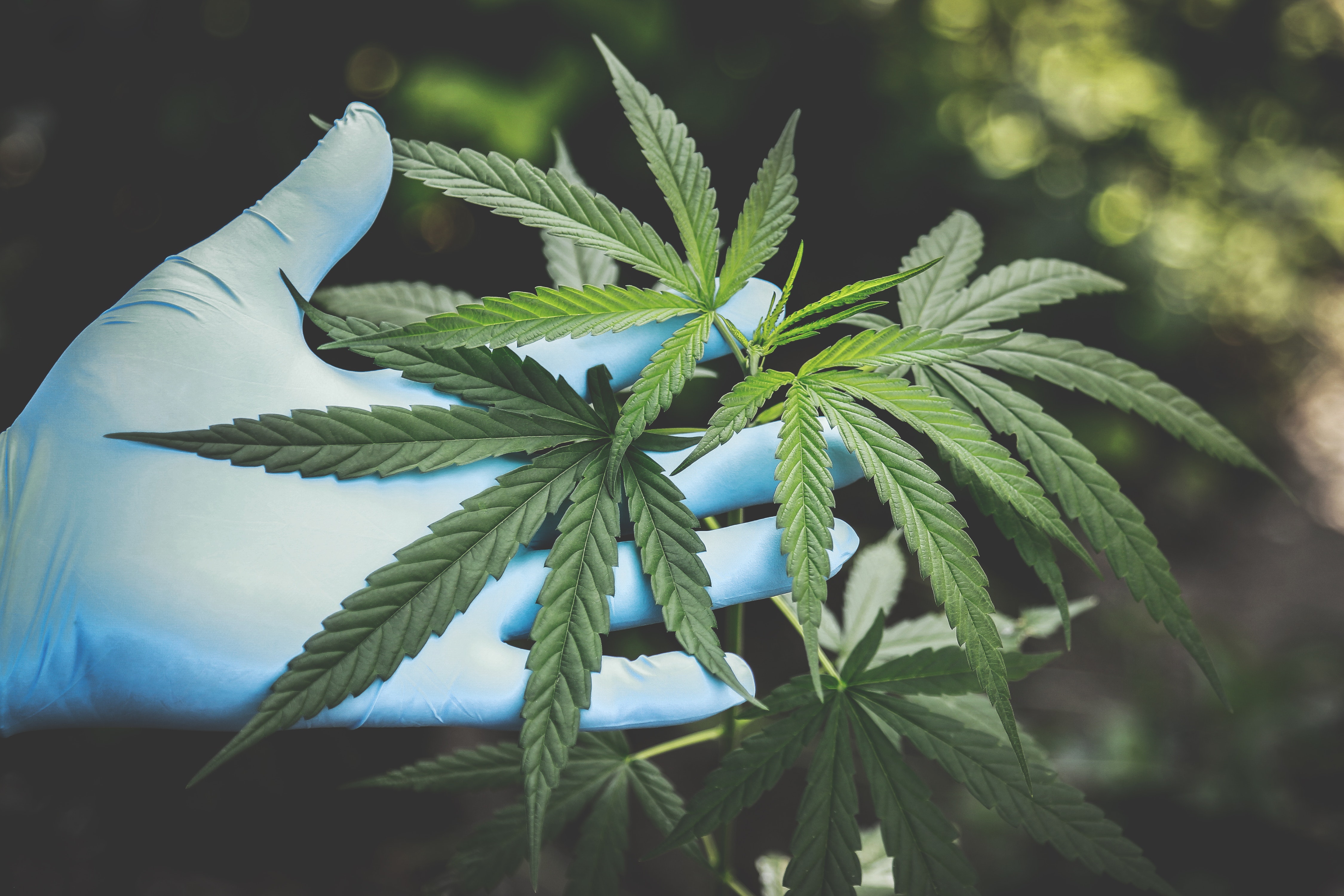
Cannabis Trade and Immigration Consequences
The legal cannabis business is currently seeing an enormous increase and several U.S. states and foreign countries have enacted laws decriminalizing or legalizing marijuana for medicinal or recreational use. Investments in the cannabis industry are now available as ETFs (Exchange Traded Funds), and marijuana startups are proliferating at every step along the supply chain.
However, while that’s all great news, noncitizens be aware!
Engaging in, and even facilitating, legal marijuana trade carries significant risks and adverse consequences under federal immigration law – even when residing and doing business in a state where cannabis is legal.
By example, any of the below acts may result in significant immigration consequences if you are not a U.S. citizen.
- Using, sharing, or selling marijuana in any form, whether psychoactive THC or only non-psychoactive CBD regardless of where you live.
- Having used Marijuana before it was legal in your home country, and you want to visit the U.S., work here, or apply for a green card.
- If you want to invest in and start a business as an E-2 or EB-5 investor even only remotely involved in the weed trade, other than agricultural hemp.
- If you want to invest in cannabis businesses through purchases of mutual funds or individual stocks (whether publicly listed or privately sold) regardless of where you live.
- If you are married to a U.S. citizen who is petitioning for your green card status while owning a duplex (where you live together on one floor and s/he sells legal cannabis as a dispensary operator on the other).
- If you practice law in the U.S. on a green card or work visa and your clients want to engage in business as growers/producers, distributors/sellers, manufacturers/processors of legal cannabis.
Simply put, even though many foreign and domestic states see things otherwise, Cannabis (at least for now) remains a Schedule I Controlled Substance under U.S. federal law. Moreover, U.S. immigration laws make no distinction between psychoactive THC, medicinal CBD, or hemp, even if only used for medical purposes and the U.S. federal government continues to enforce marijuana penalties under the immigration laws, be it personal use, possession, or “trafficking” which is defined so broadly that it can trigger the deportation or refusal of admission of any noncitizen whom an immigration or consular officer merely has “reason to believe” has been “a knowing aider, abettor, assister, conspirator, or colluder with others in the illicit trafficking [of marijuana] . . . or endeavored to do so.”
What this means in the real world is that visas for working, visiting, studying, or immigrating to the U.S., may not be issued to persons using or possessing cannabis. It also means that merely “proliferating” the cannabis trade is prohibited, and that even lawful permanent residents and the U.S. businesses that employ them can easily face Immigration law’s cannabis prohibitions and penalties.
Just a few more examples:
- U.S. Customs and Border Protection (CBP) has announced, for example, that a “Canadian citizen working in or facilitating the proliferation of the legal marijuana industry in Canada, coming to the U.S. for reasons unrelated to the marijuana industry will generally be admissible to the U.S. however, if a traveler is found to be coming to the U.S. for reason related to the marijuana industry, they may be deemed inadmissible.”
- Similarly, U.S. Citizenship and Immigration Services (USCIS) has declared that “certain conduct involving marijuana which may include possession for recreational or medical purposes, manufacture or production, or distribution or dispensing of marijuana, or employment in the marijuana industry may constitute conduct that violates federal controlled substance laws and thereby continues to constitute a conditional bar to [establishing good moral character] for naturalization eligibility, even where such activity is not a criminal offense under state law.”
Please note that a conviction is not even required. Merely making a binding admission to having participated, partaken or proliferated a forbidden act associated with the drug is enough to cause the loss of eligibility to naturalize.
There are a number of proposed bills that would help the problem of conflicting cannabis legality such:
- The Secure And Fair Enforcement Banking Act, which passed in the House, would prohibit federal banking regulators from penalizing banks that finance legitimate marijuana-related businesses, while its counterpart in the Senate, S. 1200 , The SAFE Banking Act, awaits a vote.
- The Removing Marijuana from Deportable Offenses Act, not yet up for a vote, which would provide that “any offenses involving the use, possession, or distribution of marijuana shall not be considered as grounds of inadmissibility.” These bills however would not retroactively reverse the consequences for persons already ordered deported from the U.S.
- The Food and Drug Administration recently reopened the comment period on the potential rescheduling of marijuana so that it might no longer be classed as a Schedule I drug under international treaties and the Second Circuit Court of Appeals on May 30 directed the DEA to reconsider its classification of cannabis as a Schedule I drug.
Inevitably, the problem of adverse immigration consequences over cannabis will at some point be solved, however, until that is the case, countless noncitizens and the U.S. families and businesses who interact with them still have to fear uncertain and uneven enforcement of America’s outdated immigration laws.
